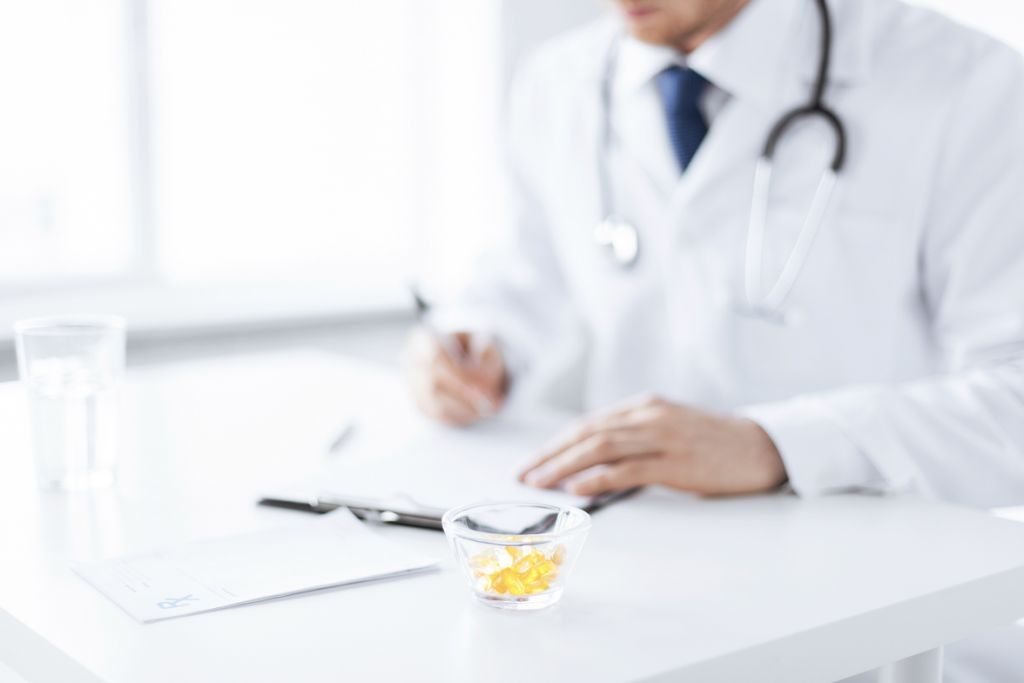
The GPs at GPDQ.co.uk, the UK’s first and leading GP-on-demand service have come together to list the top 10 Coronavirus-related myths that could potentially be harmful to health, or at least playing a part in the spread of the virus.
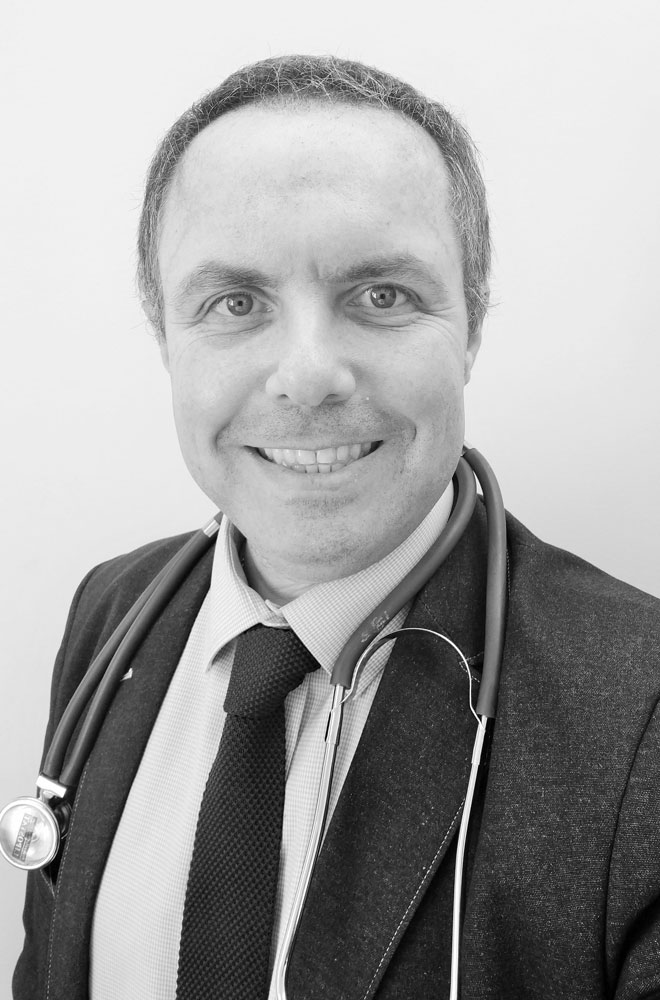
With so much information and views across the internet on how to stay safe during these current times, knowing what advice to follow is a literal minefield.
As with many of our articles, it’s always best to follow the advice of the experts and for this guide, Dr Gero Baiarda who is part of a community of over 80 like-minded NHS GPs has compiled the following to help keep you safe and on the right track.
The virus is a living organism that we can kill.
It is not alive. It is a protein chain of RNA within a protective layer of fat. Since the virus is a protein supermolecule rather than a living organism, you cannot kill it. It will, however, decay spontaneously given enough time. The time it takes to break down depends on the environmental temperature, humidity and type of material upon which it settles.
People are most contagious before they even know they have the virus.
This is untrue. Infected cells are invaded and destroyed by the virus, allowing millions of new viruses to burst forth and be shed on surfaces or passed to other people. Spread is most effective, therefore, in coughed droplets. Patients who are asymptomatic can, however, pass on the virus as soon as they are infected.
SARS-COV-2 is a hardy virus.
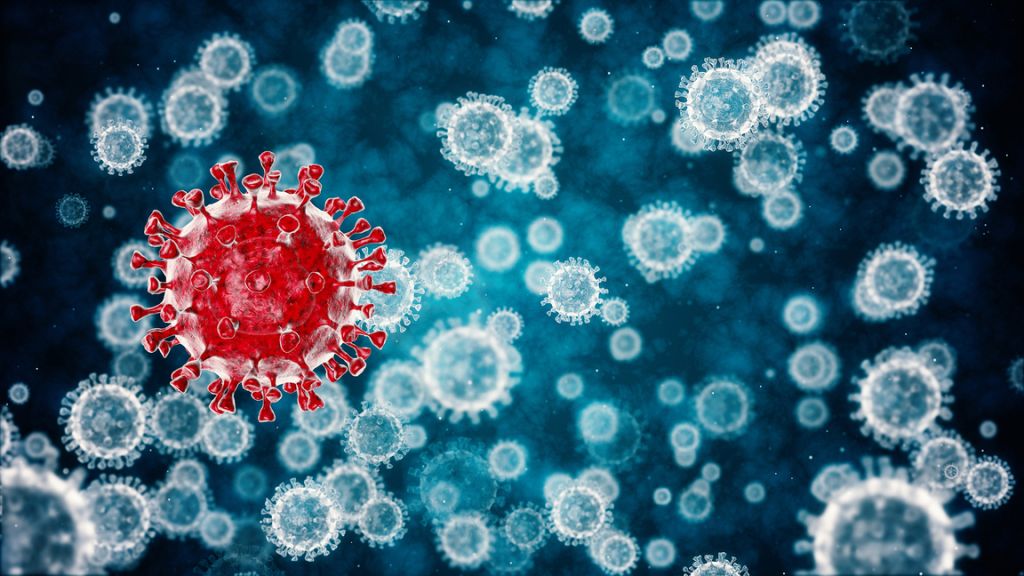
It isn’t. SARS-COV-2 is surprisingly fragile. The only protection it has is a thin outer layer of lipid or fat. That is why any soap or detergent (both of which break down fat) will destroy it – even washing up liquid works well. By dissolving the external lipid layer of the virus, the virus is rendered completely inert and unable to penetrate human cells. Hence why washing hands often with soap and water is so important.
If delivery drivers wear gloves, they won’t spread it.
This is wrong. Every item that a gloved hand touches can then be contaminated. According to a recent study from the New England Journal of Medicine, the virus can live up to eight hours on cardboard. To stay safe, the best advice is not to touch the parcel until ideally the following day.
The virus can’t be passed on by food.
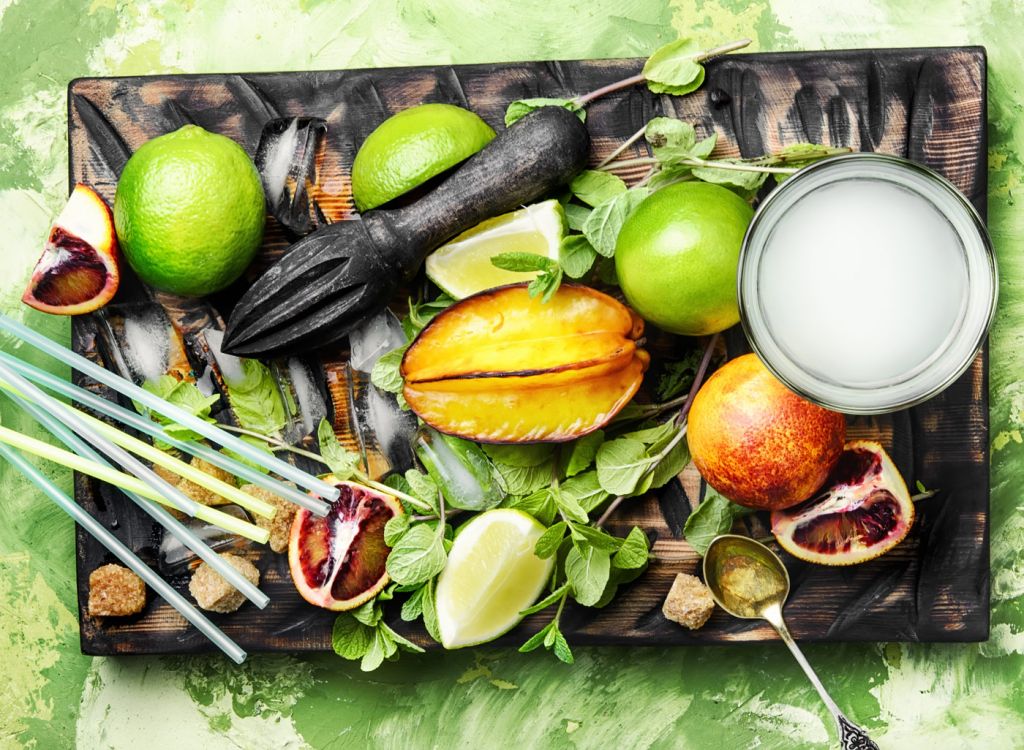
It can be transferred easily. If someone who has the virus on their hands touches food, it is very likely to become contaminated for many hours. To denature and inactivate the virus, food should either be washed or cooked at 65 degrees celsius at least for 4 minutes or more.
Alcohol-based sanitizer with a 60 per cent alcohol concentration is as effective as washing your hands in soap and water.
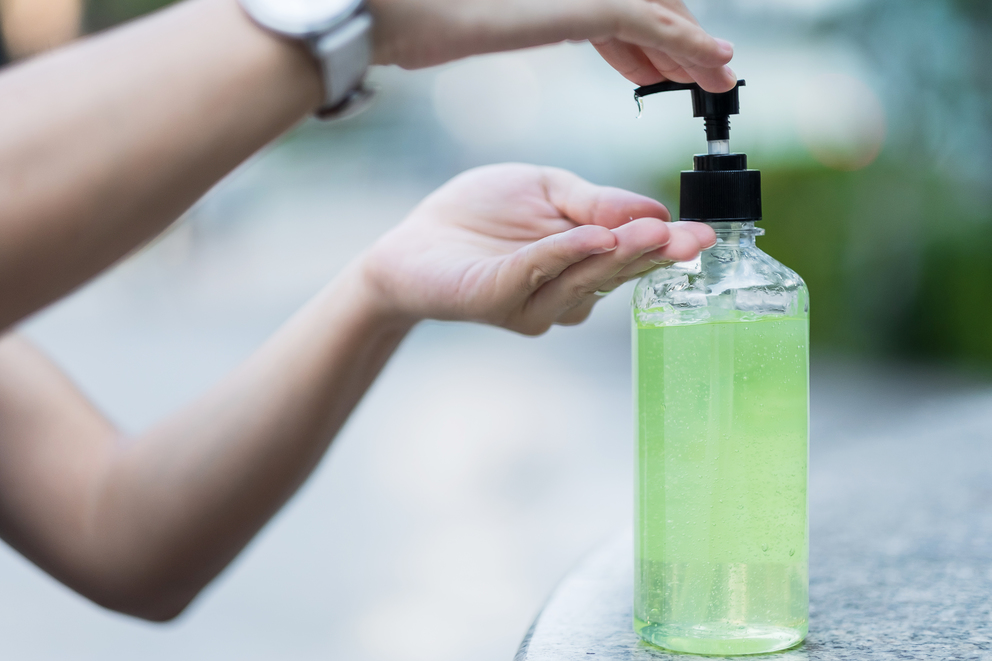
Wrong. Squirting a little bit of alcohol gel on your palms and rubbing them together is not effective. You need to cover the entire surface of both hands, including fingers and thumbs, but this should be done only after the hands are free of any residues – such as after sneezing. The small nozzle on bottles of sanitizer is part of the problem, as people assume a small amount is ample.
Drinking alcohol will prevent people from getting the virus.

This is not true. The only alcohol that will help to prevent the spread of the SARS-COV-2 is that in hand sanitizer. This is only for external use, and even then, it is only effective if it has a concentration of 60 per cent or above if you use enough, and in the right way.
Moisturising hands after washing reduces cleanliness.
Incorrect. Moisturising the skin is very important. The virus can lodge itself in damaged skin on your hands cracked by repeated washing, so it’s important to try to avoid this. Keeping fingernails short will reduce the risk of sheltering and passing on the virus too.
Washing hands isn’t as important when self-isolating, as you’re all virus-free.
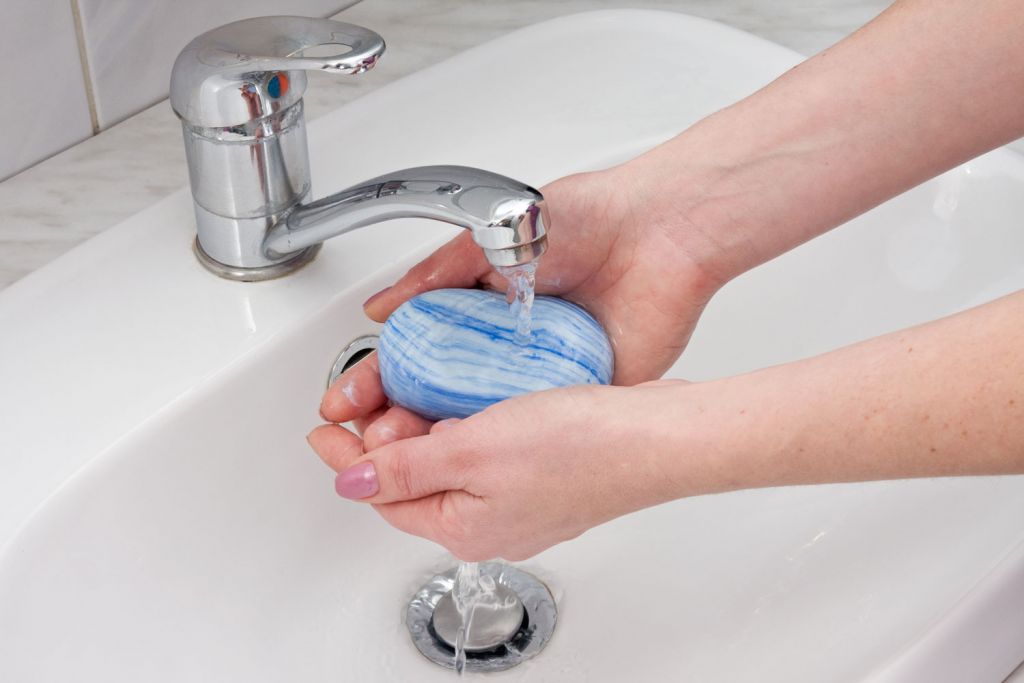
Wrong. If there are any external items (shopping/deliveries/post, etc.) entering your home, handwashing remains important. Every time you wash your hands, you will break the chain of infection. If in doubt, give them a wash! Do this for at least 20 seconds with warm, soapy water, and if you have paper towels that you can throw away, this is better than using a communal towel. If using towels, dedicate one to each person in the house, keep them separate, and wash them daily.
Vinegar is good for keeping bathrooms and kitchens free of the virus.
Incorrect. Vinegar will not work against SARS-COV-2 and is not advised. The cleaning of bathrooms, kitchens and surfaces is still best carried out with hot water from the tap and a surface detergent as you have always done. If you have a case of SARS-COV-2 in your house and want to disinfect common areas, you can use a dilution of household bleach or hydrogen peroxide – this is a mild antiseptic.
Read more health-related articles and guides in our dedicated section here.
![]()

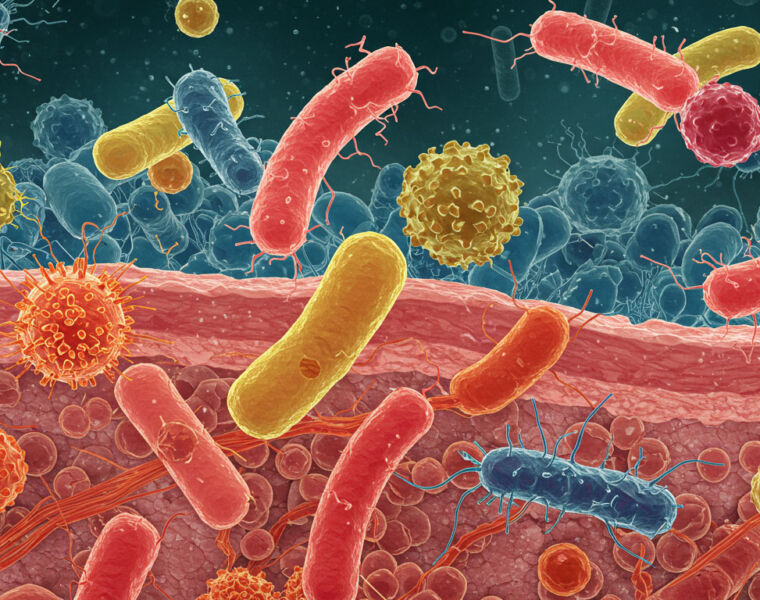
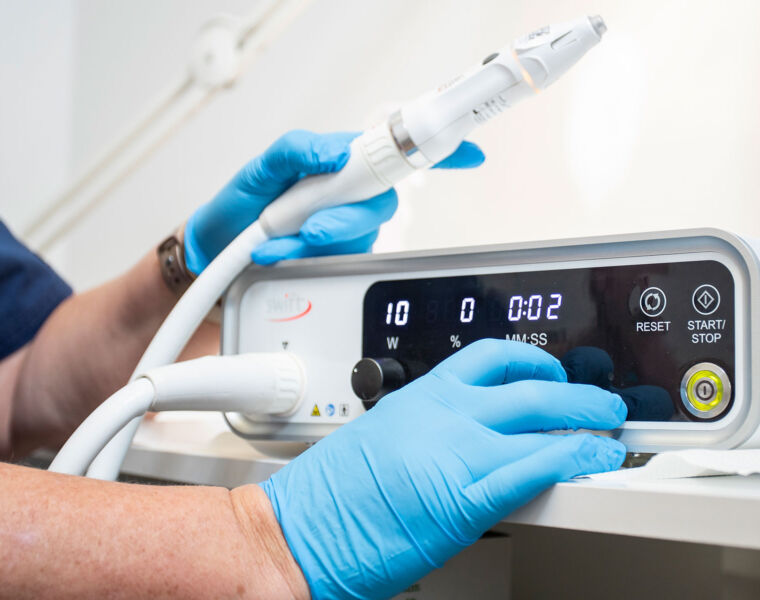
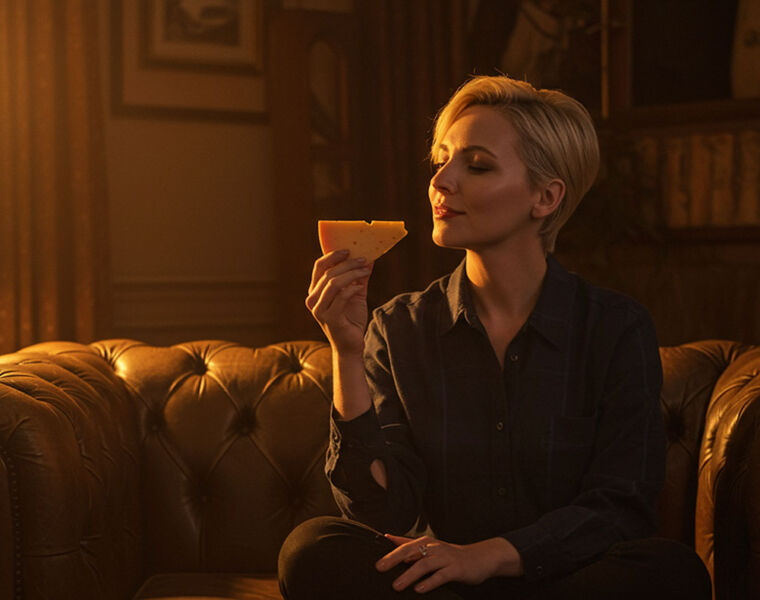
You must be logged in to post a comment.